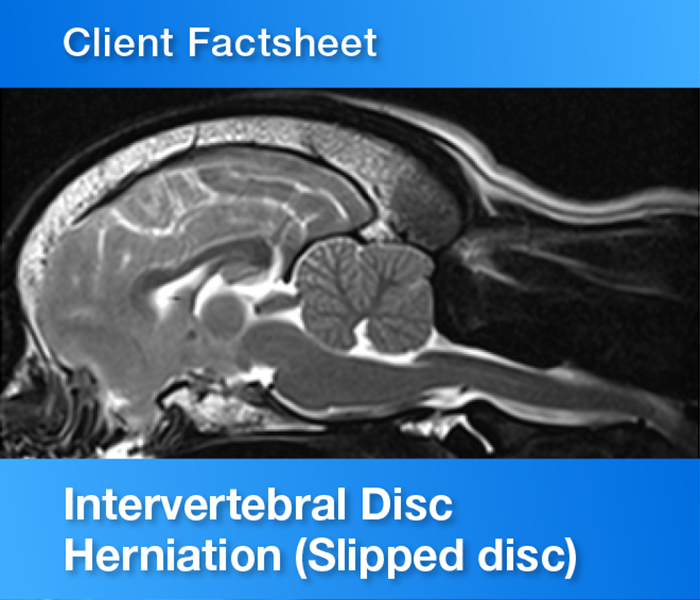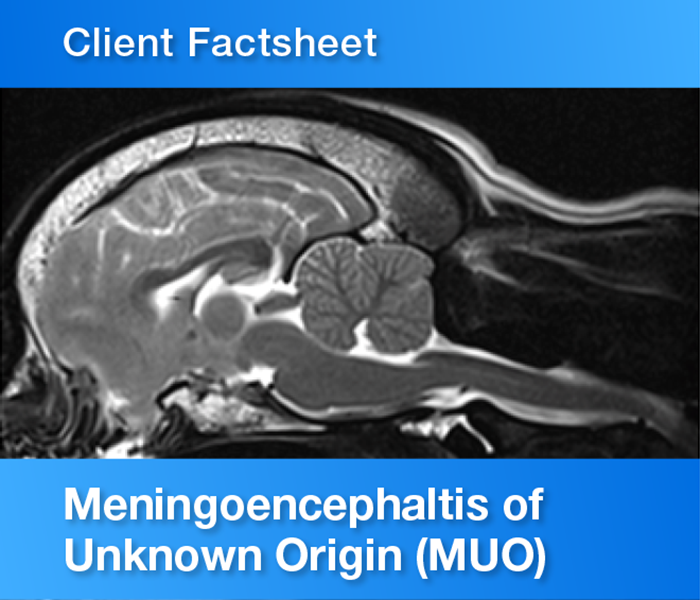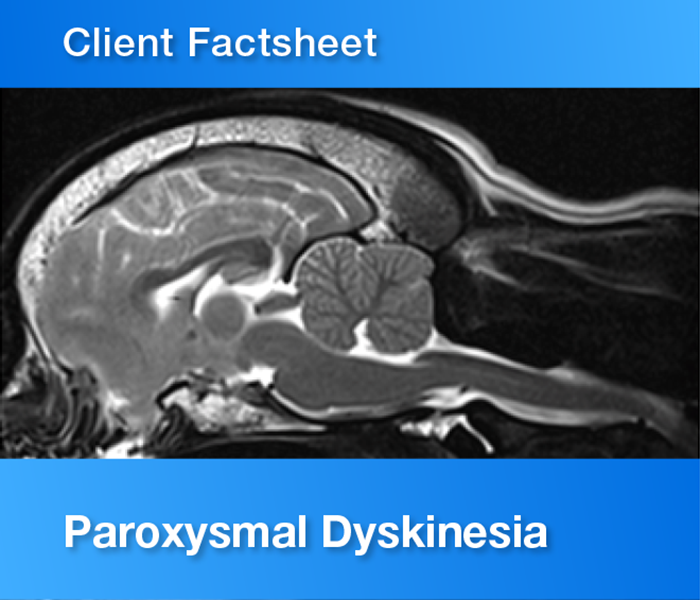
Paroxysmal kinesigenic dyskinesia
Great case submitted to us at Vet Oracle Teleneurology for MRI report and video interpretation by Matthew Green at Dovecote Veterinary Hospital.
Three year old German Shorthaired Pointer presented for investigation of recurrent paroxysmal events occurring around once monthly, characterized by kyphosis and ataxia. The first event was witnessed around seven months ago. Neurological examination, MRI of the brain and neck as well as CSF analysis were normal. Video provided was suggestive of paroxysmal kinesigenic dyskinesia (PKD).
This very rare condition has been reported once in another German Shorthaired Pointer Anticonvulsant responsive, episodic movement disorder in a German Shorthaired Pointer and we have seen similar GSHP which we presented to you a year ago.
Paroxysmal movement disorders are increasingly reported in dogs and are in the majority of cases paroxysmal non-kinesigenic dyskinesia (PNKD) as seen in Cavalier King Charles (episodic falling), Border terrier (CECS) or Labrador (Labrador dyskinesia) to name a few. PKD are triggered by sudden movement, prolonged exercise or excitement. Compared to PKND, PKD responds to anticonvulsant.
Laurent Garosi
Simon Platt


